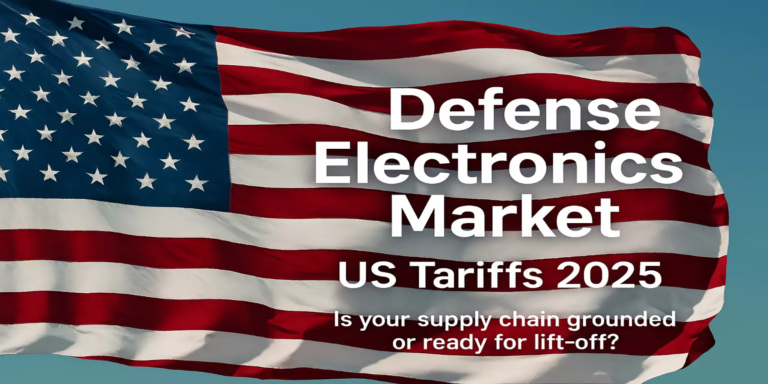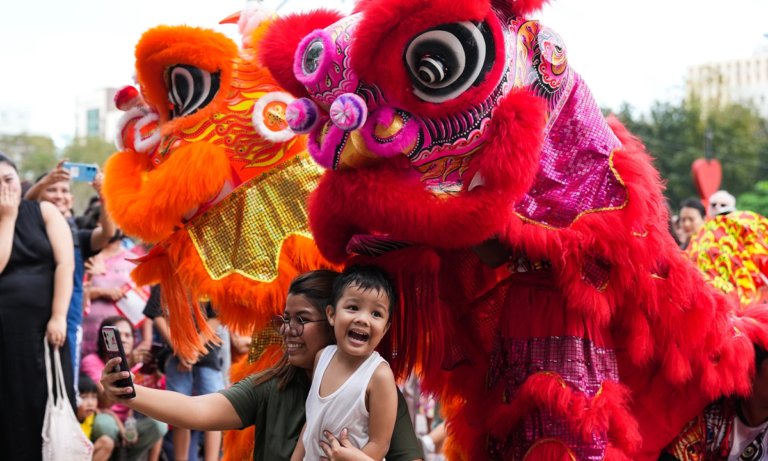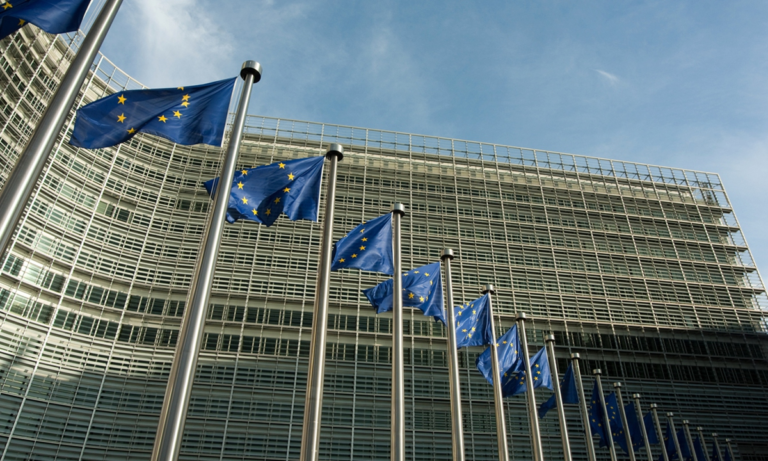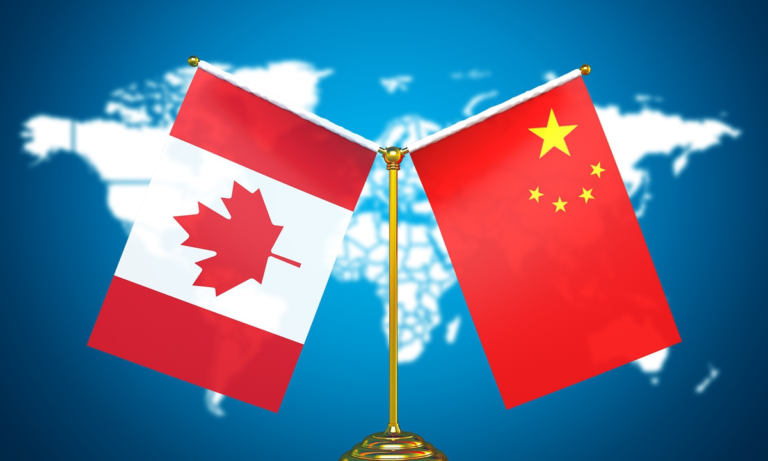
Taiwan’s security chief has bluntly rejected U.S. President Donald Trump’s allegation that the self-governing island stole the United States’ microchip business, saying the real thief is China, with its state-sanctioned system of industrial espionage.
Likemany U.S. allies, Taiwanis facing tariff threats from Mr. Trump and pressure to boost defence spending.
The U.S. President has talked of tariffs as high as 25 per cent on foreign microchips. The West relies heavily on Taiwan for these fingernail-sized chips, found at the heart of modern technologies from smartphones to cars and medical devices.
“Taiwan took our chip business away,” Mr. Trump said in mid-February. “We want that business back.”
Taiwan’s former foreign affairs minister Joseph Wu, now secretary-general of its National Security Council, spoke out Thursday as the democracy of 24 million tries to avert the risk of tariffs on such a vitally important industry.
Mr. Wu, speaking to the Halifax International Security Forum in Taipei, said the island’s industry leader, the Taiwan Semiconductor Manufacturing Company Ltd. (TSMC), is a self-made success story.
“There was some mention we stole American jobs and we stole the American chip business,” he said. “If you look at TSMC, they started from scratch.”
Later, he added: “We did not steal anything from anybody, and Taiwan has been very honest in doing business with the international community.”
He suggested Washington should be paying more attention to industrial theft from China.
“I know there’s a guy who has been stealing stuff from us, from the United States and from others, and that is that big fat bully from our neighbourhood.”
In 2022, for instance, then-FBI director Christopher Wray told a congressional committee that China’s hacking program is the world’s largest. “They have stolen more Americans’ personal and business data than every other nation combined,”he said.
Taiwan is trying to demonstrate to the United States that it is committed to its own defence.
Reuters reported this week, citing unnamed sources, that Taipei is exploring buying US$7-billion to US$10-billion worth of defence equipment from the U.S. in a bid to win the support of the Trump administration.
Mr. Wu confirmed that Taiwan isin talks to determine what the arms purchase would look like.
“We need to think about how to defend Taiwan, which are the best systems that we can acquire,” he said.
“And for that issue, we need to discuss with our good friends in the Pentagon, the National Security Council, for them to exchange with us what kind of systems are the best for Taiwan to be able to defend itself.”
The Communist Party of China considers Taiwan a breakaway province despite the fact it has never ruled the island, where nationalist forces retreated after losing the Chinese Civil War more than 70 years ago. Beijing seeks to annex the island by what it calls peaceful reunification, but says it will not rule out using force if Taiwan pursues independence. China has staged military exercises near Taiwan more than 10 times since 2018.
Taiwanese President William Lai recently promised to boost defence spending to more than 3 per cent of GDP from a planned 2.45 per cent, but his government is facing political turmoil that could thwart its ability to deter Chinese aggression and demonstrate to Mr. Trump that it is committing more resources to its own defence.
Opposition parties, including the Kuomintang (KMT), have teamed up to support cuts and freezes to government spending, including to the foreign affairs and defence departments.
The China-skeptical Democratic Progressive Party (DPP), which currently rules Taiwan, does not have a majority of seats in the island’s legislature. It has said the cuts and freezes proposed by the Kuomintang and the Taiwan People’s Party arean “existential threat” to Taiwan, given the dangers posed by Beijing.
Mr. Wu said he hopes the opposition parties relent, but said Taiwan’s allies could also help convince the legislature to pass a bigger defence budget. “I also believe that international community, when they see that, if the opposition continue to dig into that issue, trying to hinder Taiwan’s national defence or buildup of Taiwan’s defence capabilities, I think the people around the world, especially good friends who care about Taiwan, they will speak up.”
Mr. Trump told Bloomberg during the 2024 presidential campaign that he “wouldn’t feel too secure if I was [Taiwan]” and suggested that the island pay the U.S. for its defence.
Mr. Wu, however, pointed to the composition of the U.S. National Security Council under Mr. Trump, saying it’s being staffed with many people who have reputations as “friends of Taiwan” throughout their careers. In January, national security adviser Michael Waltz, a member of the council, said publicly that he wants to speed up deliveries of weapons purchased by Taiwan to deter threats from China.
“I think the Trump administration’s support for Taiwan will remain very strong,” Mr. Wu told the Halifax International Security Forum.
“I think it’s very clear that the United States is supporting Taiwan, and with the U.S. support, I think we will be more confident in defending ourselves.”





